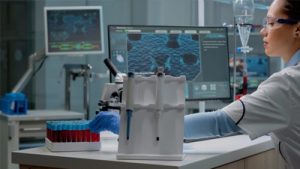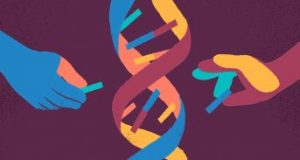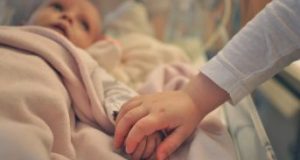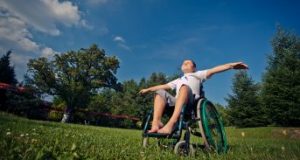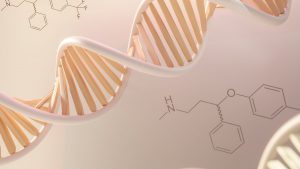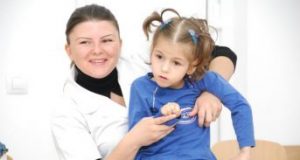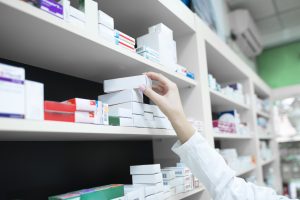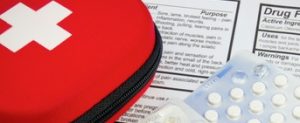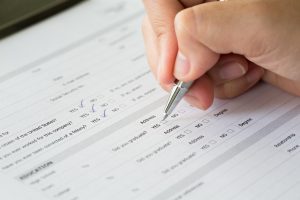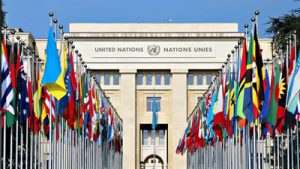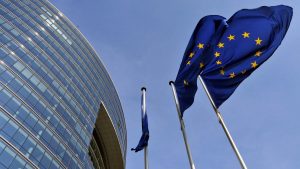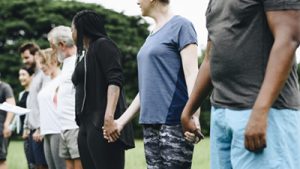⌛️ 3h
Start learning now with our free online courses
Our online courses have been developed with subject-area specialists, such as researchers and patient experts, and are regularly updated for the best learning experience and the latest information on all topic areas.
Click below on your topic areas of interest to see the related online courses, links to more information and additional related resources.
Research leads to a better understanding of rare diseases, quicker and more accurate diagnosis, innovative treatments and cures, and better health care. It represents hope for the 30 million people living with a rare disease in Europe and their families.
A diagnosis can serve as the key to unlocking access to appropriate medical and social care. Getting an accurate diagnosis even when there is no treatment provides the opportunity for people living with a rare disease and their families to plan their care and future.
Once a child or adult is diagnosed with a rare disease, their next logical step is to search for a treatment.
Treatments provide relief to people living with a rare disease and their families. A treatment can slow down the progression of a disease, treat the symptoms or cure the disease. They ease the reality of living with a rare disease every day.
Advocacy contributes to bringing about impactful change for people living with a rare disease by ensuring national, European and international policies are created and developed taking into account the needs of our community – 30 million people living with a rare disease in Europe, 300 million people around the world, plus their families, carers and healthcare providers.
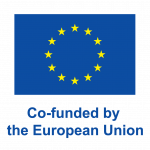
The Open Academy eLearning is funded by the European Union. Views and opinions expressed are however those of the author(s) only and do not necessarily reflect those of the European Union or HaDEA. Neither the European Union nor the granting authority can be held responsible for them.
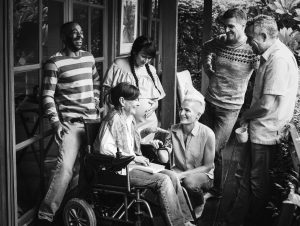
 EURORDIS website
EURORDIS website



